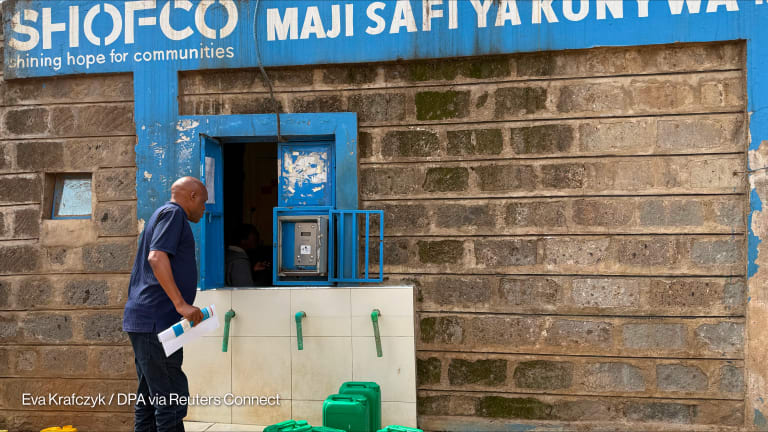
A survey of people of color working in the development sector found nearly 90% of them felt their organizations are not committed to diversity and inclusion.
A similar proportion — 85% — felt promotion within the development sector was not open to them as a non-white person, and nearly 70% had experienced or witnessed a racist incident in the last year, according to research by Bond, the United Kingdom network for NGOs.
The report surveyed 150 people of color working in development across various organizations about their experiences in the sector. Just over three-quarters of those surveyed worked in the U.K., and the rest were based around the world.
“Our report provides evidence for what we have known for many years now,” said Lena Bheeroo, lead author of the report and engagement and equity manager at Bond.
“[People of color] are facing multiple barriers to career progression, with the odds stacked against them. For a sector that is working to champion people’s rights, fairness and equality, this is a big problem.”
Bheeroo said organizations “must not shy away from speaking about racism and anti-Blackness.”
The research began during the global wave of Black Lives Matter protests which erupted following the murder of George Floyd by white police officers in the United States. Increased global calls for racial justice soon led to many NGOs and development organizations affirming their commitment to fighting racism.
A Bond survey in 2020 found 73% of the network’s member organizations have a diversity and inclusion policy. But Bond’s research claimed that despite these commitments, “there are high levels of racism,” particularly against Black people.
Opinion: Why the Black Lives Matter movement should have us rethinking humanitarian aid
It is time to move from seeing humanitarian aid and resettlement as an act of generosity from rich countries to the mutually beneficial investment that it is, writes Wale Osofisan from IRC.
Bheeroo said NGOs have a responsibility to “move beyond diversity in just HR [human resources] terms” and toward “better staffing decisions that better represent the countries and contexts that we work in.” Bheeroo called for NGO leaders and boards to mentor, network with, and publicly champion people of color.
She added that individuals should “reflect on their levels of privilege and power and their position within the sector so that they can start to take steps to disrupt the dynamics at play.”
The report lost the insights of 10 interviewees who withdrew from the research as the report approached publication, “citing concerns about the backlash they might face from their employers and colleagues if they were suspected of contributing,” said the document.
“Their decisions are indicative of the fine line many people of colour working in the sector told us they have to tread to avoid pushback, or sanctions when their behaviour is perceived as being ‘out of line,’” the report read.
Search for articles
Most Read
- 1
- 2
- 3
- 4
- 5








